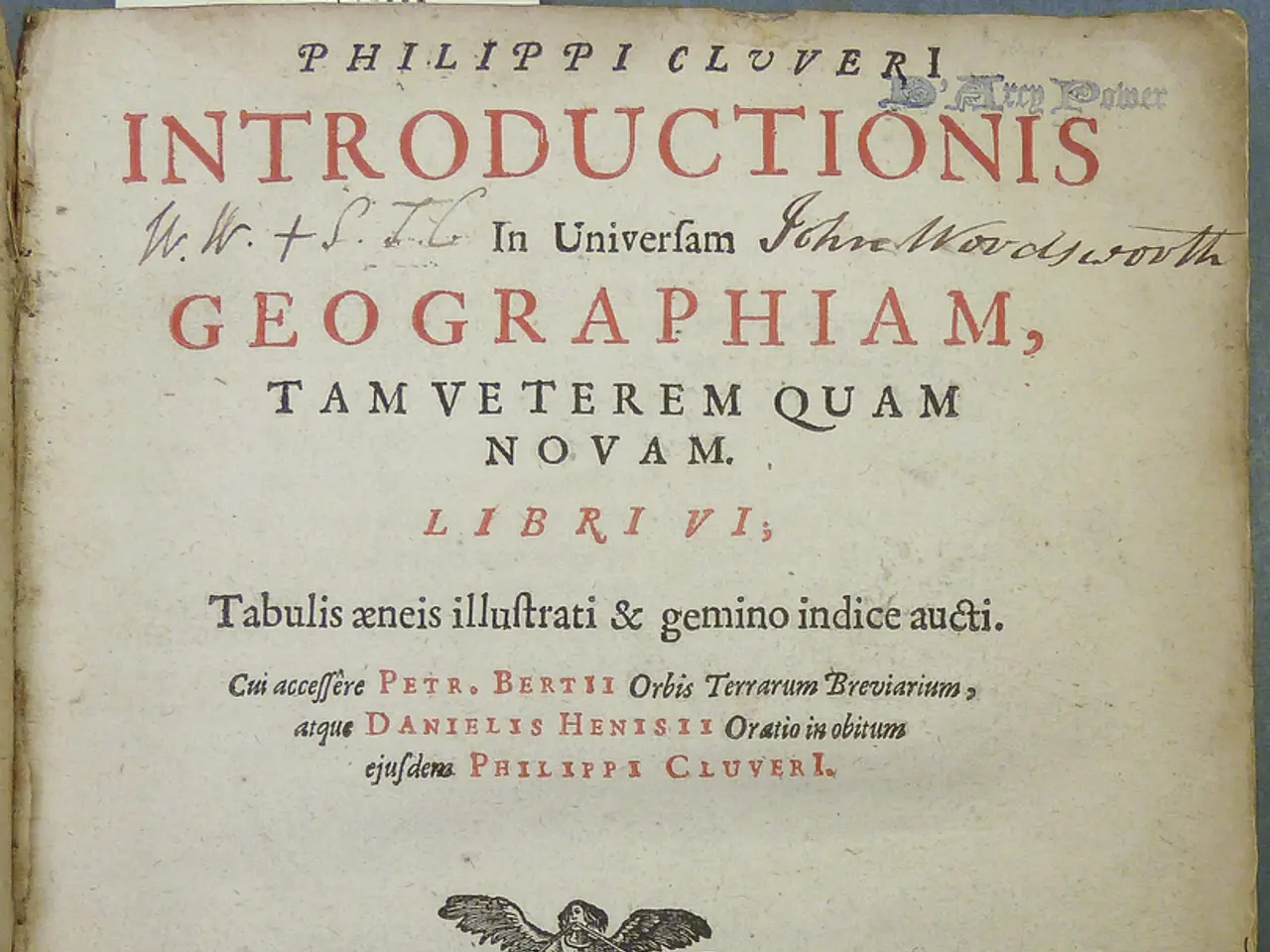Yakutian Individual Extends Multi-Million Loan to Workplace Associate
In the vast expanse of Russia, mobile phone fraud continues to pose a significant threat to the financial security of its residents. According to recent reports, a 48-year-old resident from Nyurba District has been accused of committing such a fraud, leading to a substantial financial loss.
The suspect, whose identity was confirmed by the Ministry of Internal Affairs press service, allegedly used the stolen funds for betting app stakes. The funds in question were obtained through a loan secured by an urgent call made on the victim's smartphone. The loan, amounting to over 800,000 rubles, was taken out in the name of a worker in Mirny District.
An investigation has been launched under Part 3 of Article 159 of the Criminal Code, which deals specifically with fraud that causes substantial harm. This article criminalizes large-scale fraud and typically imposes severe penalties, including imprisonment terms that can be significant.
The case is being handled by the Mirny District Police Department, and no further details about the investigation's progress have been disclosed in the report. However, it is understood that fraud involving substantial financial loss through communication technologies falls under this part of Article 159.
Mobile phone fraud is a common issue in Russia, with traditional phone calls being the dominant method used by fraudsters. According to the Central Bank's 2024 data, phone calls and SMS account for about 45% of fraud cases, while scams via messaging apps such as WhatsApp and Telegram make up roughly 15%.
The scale of the problem is significant: in just the first half of 2025, the service "Defender" blocked 1.5 billion fraudulent calls, indicating a sharp rise in fraud attempts compared to the previous year. The most frequent scams involve fake investment schemes, impersonation of mobile operators, tax authorities, and utility providers.
In response, Russian authorities have taken stringent measures, including restricting voice calls on foreign messaging apps like WhatsApp and Telegram to curb fraud, as these platforms reportedly refuse full cooperation with Russian law enforcement. Additionally, Russia is pushing a domestic messaging app called Max, which is currently in testing but has raised privacy concerns.
As the investigation into the Nyurba District case continues, it serves as a reminder of the importance of safeguarding personal information and financial details, especially in the digital age. It also underscores the need for continued efforts by authorities to combat mobile phone fraud and protect the financial wellbeing of Russia's citizens.
[1] Central Bank of Russia. (2024). Mobile phone fraud statistics. Retrieved from https://www.cbr.ru/statistics/online/ [2] Russian Criminal Code. (2014). Article 159. Fraud. Retrieved from https://www.consultant.ru/document/cons_doc_LAW_18431/ [3] TASS. (2025). Russia restricts calls on foreign messaging apps to combat fraud. Retrieved from https://tass.com/society/1219485 [4] The Moscow Times. (2025). Russia introduces new measures to combat mobile phone fraud. Retrieved from https://www.themoscowtimes.com/2025/06/01/russia-introduces-new-measures-to-combat-mobile-phone-fraud-a72494 [5] The Guardian. (2025). Russia's domestic messaging app Max raises privacy concerns. Retrieved from https://www.theguardian.com/technology/2025/jun/01/russias-domestic-messaging-app-max-raises-privacy-concerns
- The suspected fraudster from Nyurba District, who is under investigation for a significant financial loss, is alleged to have used the stolen funds for gambling activities on a betting app, emphasizing the intersection of casino-and-gambling with general-news and crime-and-justice.
- Given the gravity of the Nyurba District case and the increasing occurrence of mobile phone fraud, which falls under Part 3 of Article 159 of the Criminal Code, it is pertinent to bring these instances of high-stakes fraud in communication technologies into the broader context of general-news and crime-and-justice reporting.




